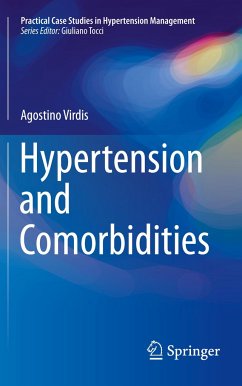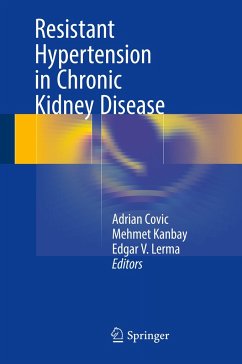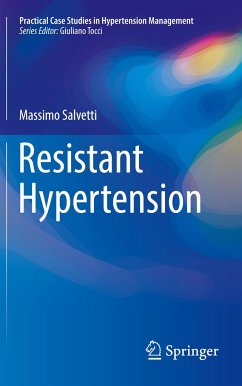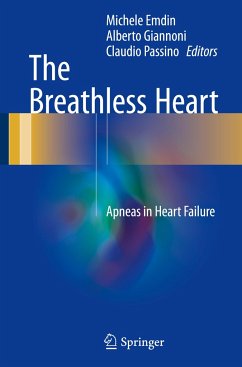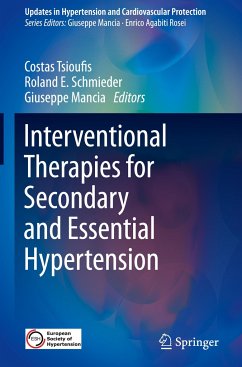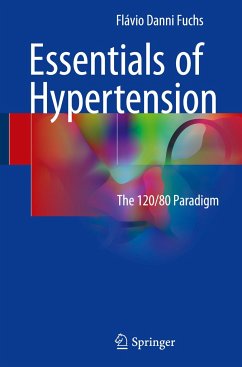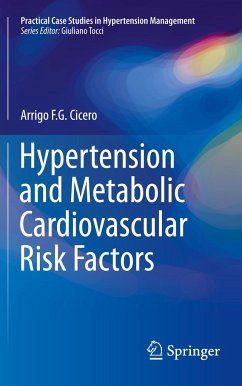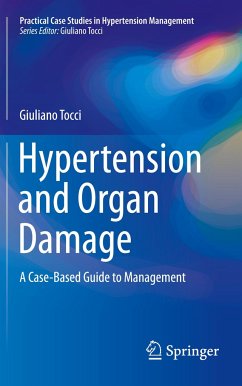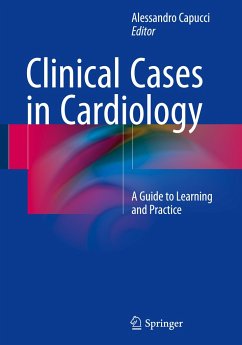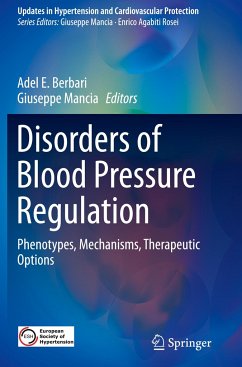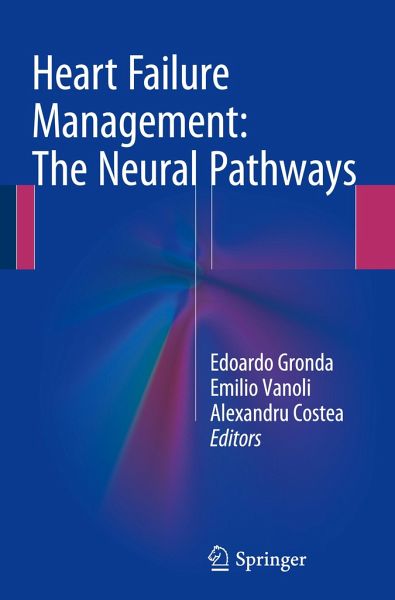
Heart Failure Management: The Neural Pathways

PAYBACK Punkte
38 °P sammeln!
This book describes the most recent insights into heart failure and the role played by autonomic nervous system pathophysiology in it, discussing the therapeutic implications. While current therapeutic approaches are able to control the effects of excessive adrenergic activation in heart failure syndrome, the underlying abnormalities of adrenergic control remain unaltered and can still cause progression to unmanageable end-stage heart failure. New therapeutic pathways are therefore being explored with a view to developing interventions that can directly modulate adrenergic over-activity and re...
This book describes the most recent insights into heart failure and the role played by autonomic nervous system pathophysiology in it, discussing the therapeutic implications. While current therapeutic approaches are able to control the effects of excessive adrenergic activation in heart failure syndrome, the underlying abnormalities of adrenergic control remain unaltered and can still cause progression to unmanageable end-stage heart failure. New therapeutic pathways are therefore being explored with a view to developing interventions that can directly modulate adrenergic over-activity and restore a more appropriate balance in neural control of the cardiovascular system. The book opens by examining current heart failure therapies. Advances in our understanding of autonomic regulation/dysregulation in heart failure are then discussed in detail, in the context of the search for more effective therapies. A concluding section addresses the role of autonomic nervous system denervation in heart failure. The authors are top scientists from leading research centers.



